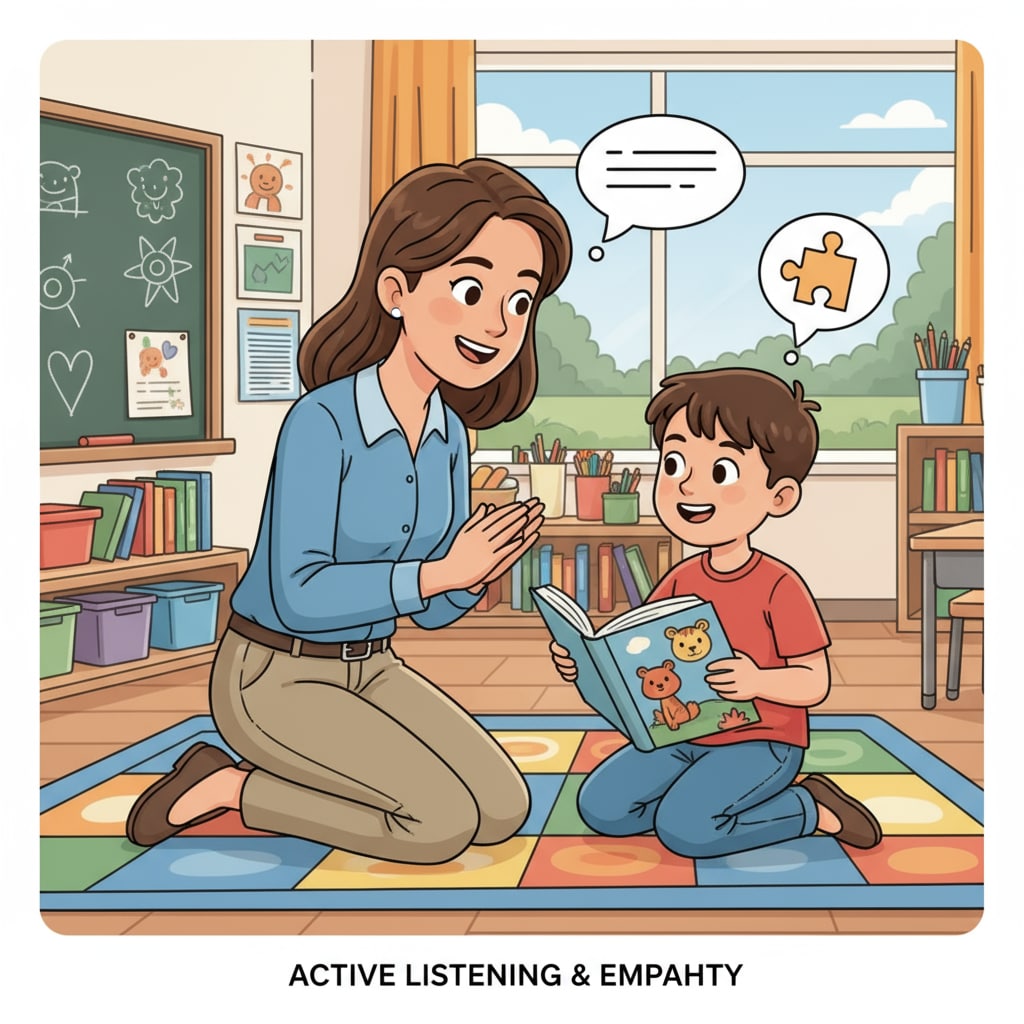Teacher career transition, educational qualifications, and ABA therapy are topics that have gained significant traction in recent years. Many K12 teachers are exploring new career horizons, and one emerging path is into the field of Applied Behavior Analysis (ABA) therapy. This transition not only offers a fresh start but also allows educators to utilize their existing skills and knowledge in a new and rewarding way.

The Motivations behind Teacher Career Transitions
There are several reasons why K12 teachers might consider a career transition. Some may feel burned out from the high-stress environment of the classroom, while others seek new challenges and opportunities for growth. In addition, changes in the education landscape, such as budget cuts and standardized testing pressures, can also prompt teachers to look elsewhere. For example, a teacher who has been struggling with large class sizes and limited resources may see a career in ABA therapy as a chance to have a more direct impact on individual students. According to National Education Association (NEA), teacher burnout is a growing concern, which could be a driving factor for many to explore new career paths.
Transferable Skills from Teaching to ABA Therapy
Teachers possess a wealth of skills that are highly valuable in the field of ABA therapy. One of the key skills is behavior management. In the classroom, teachers are constantly working to maintain order and encourage positive behavior. This skill directly translates to ABA therapy, where therapists focus on modifying behaviors to improve the lives of their clients. Another important skill is communication. Teachers are experts at explaining complex concepts in an easy-to-understand manner, which is crucial when working with clients and their families in ABA therapy. Moreover, teachers’ ability to design and implement individualized lesson plans can be adapted to create personalized treatment plans in ABA. As stated by Behavior Analyst Certification Board (BACB), these transferable skills make teachers well-suited for a career in ABA therapy.

Making the transition from teaching to ABA therapy requires careful planning and preparation. Teachers need to understand the educational requirements and certification processes in the field of ABA. Usually, this involves obtaining additional training and certifications, such as the Board Certified Behavior Analyst (BCBA) credential. It’s also important to gain practical experience through internships or volunteer work. By taking these steps, teachers can successfully bridge the gap between their teaching background and a new career in ABA therapy.
Readability guidance: As seen above, we have used short paragraphs to convey information clearly. Lists could be added in future sections for better organization. The use of active voice is maintained, and transition words like “in addition”, “for example”, and “moreover” are used to enhance the flow of the text.


